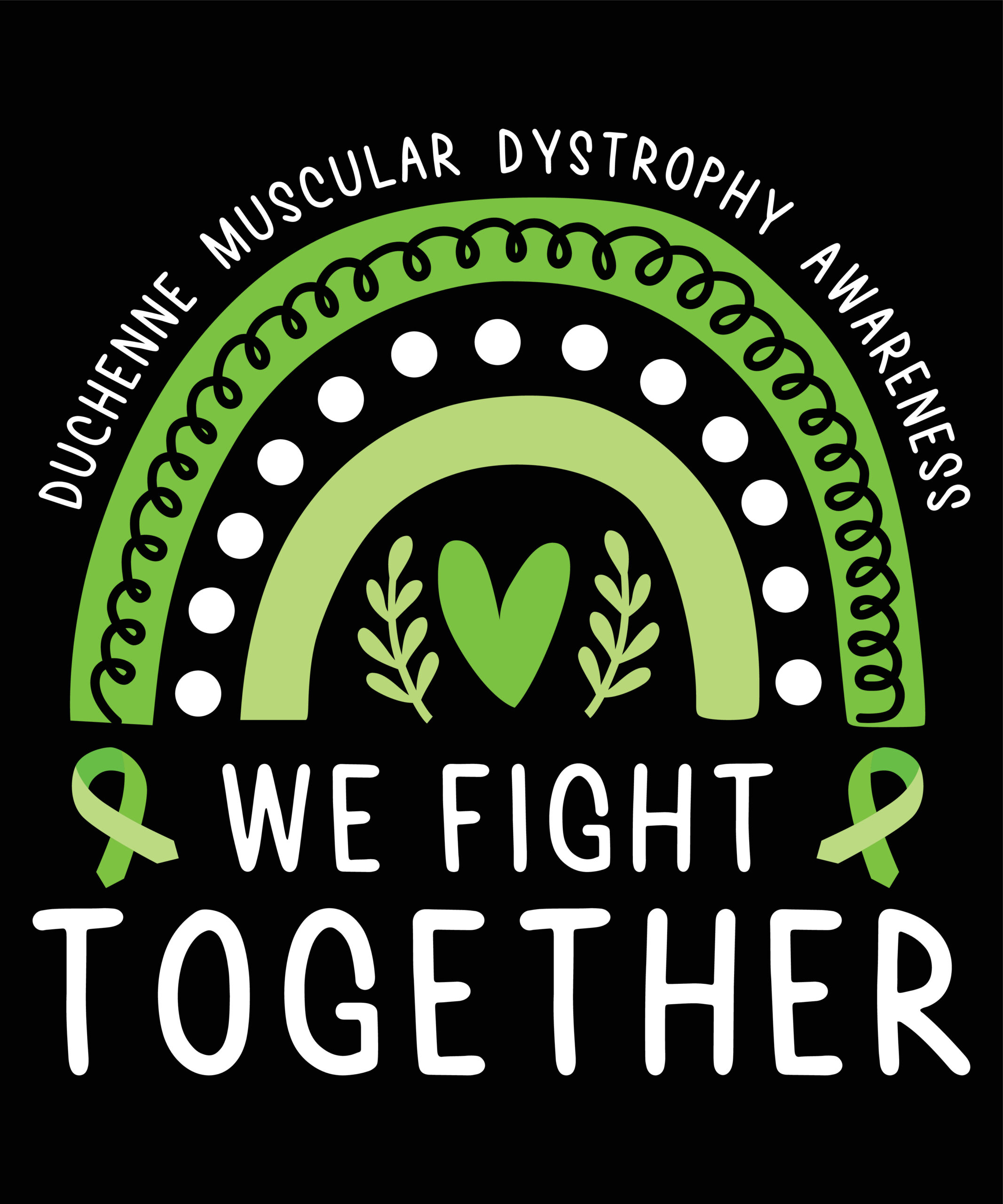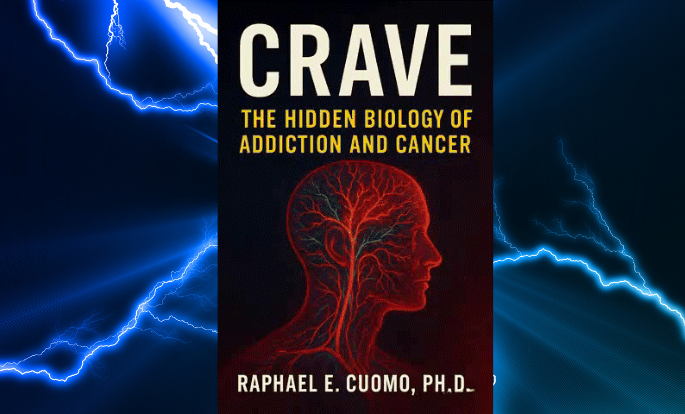10 of the best men’s sneakers from Norman Walsh
Sep 12, 2025News
Duchenne’s Muscular Dystrophy | Young Men’s Health
- Jul 11, 2023
- 0 Comments
648

What is Duchenne’s Muscular Dystrophy (DMD)?Duchenne’s Muscular Dystrophy (DMD) is a genetic disorder that affects how muscles move. It is caused by a lack of a protein called dystrophin. It mainly affects boys and occurs in approximately 1 in every 3,500 male births.What causes Duchenne’s Muscular Dystrophy (DMD)?DMD is caused by a mutation in the gene that provides instructions for making dystrophin, a protein that helps keep muscle cells complete and working correctly. Without dystrophin, muscle cells become damaged and eventually die, leading to muscle weakness that worsens over time.What are the symptoms of Duchenne’s Muscular Dystrophy (DMD)?DMD usually begins with weakness in the muscles of the hips, pelvis, thighs, and shoulders. Over time, the weakness spreads to other muscles in the body. DMD can affect a person’s ability to walk, move their arms, or breathe. It can even affect how their heart works. Some people with DMD may also experience learning and behavioral difficulties, but most do not.Are there different types of Duchenne’s Muscular Dystrophy (DMD)?There is only one type of DMD. The severity of symptoms can vary depending on the specific mutation in the dystrophin gene. Some people may experience milder symptoms and they may slowly lose muscle function, while others may experience more severe symptoms and they lose muscle function more rapidly.Is there a cure for Duchenne’s Muscular Dystrophy (DMD)?At this time there is no cure for DMD. However, there is current research to develop treatments to slow the progression of the disease and improve quality of life for people living with DMD.What is the treatment for Duchenne’s Muscular Dystrophy (DMD)?There are several treatment options available for DMD that aim to manage the symptoms and keep them from getting worse. Treatment options include:Physical therapyBraces or mobility aids (things that help people move around, such as wheelchairs)Medications to manage complications such as heart problems or breathing difficultiesIn addition, there are two specific treatments that have shown promising results in clinical trials (a type of research study).“Exon Skipping.” “Exon skipping” aims to correct the genetic mutation that causes DMD by skipping over the defective exon and producing a partially functional protein. This therapy has been shown to slow the progression of the disease in some patients.Steroid Therapy. Specific prescribed steroids can help to strengthen muscles and improve mobility. However, steroids can have significant side effects and must be carefully monitored by a healthcare provider.It is important to work closely with a healthcare team to determine the best treatment plan for each individual with DMD.I have a sibling, friend, classmate, or partner with Duchenne’s Muscular Dystrophy (DMD). How can I be supportive?Being supportive of someone with DMD involves understanding the challenges they face and offering assistance where possible. This may include:Helping with daily activitiesAdvocating for accessibility and accommodationsProviding emotional support.Everyone has different needs so it’s important to ask your loved one how you can best support them in their journey.Additional Resources:https://www.parentprojectmd.org/video-category/for-teens-and-adults-with-duchenneContributor:Nora Edwards Renthal, M.D., Ph.D.
Pediatric Endocrinologist, Boston Children’s Hospital
Disclaimer: This story is auto-aggregated by a computer program and has not been created or edited by menshealthfits.
Publisher: Source link
Publisher: Source link







